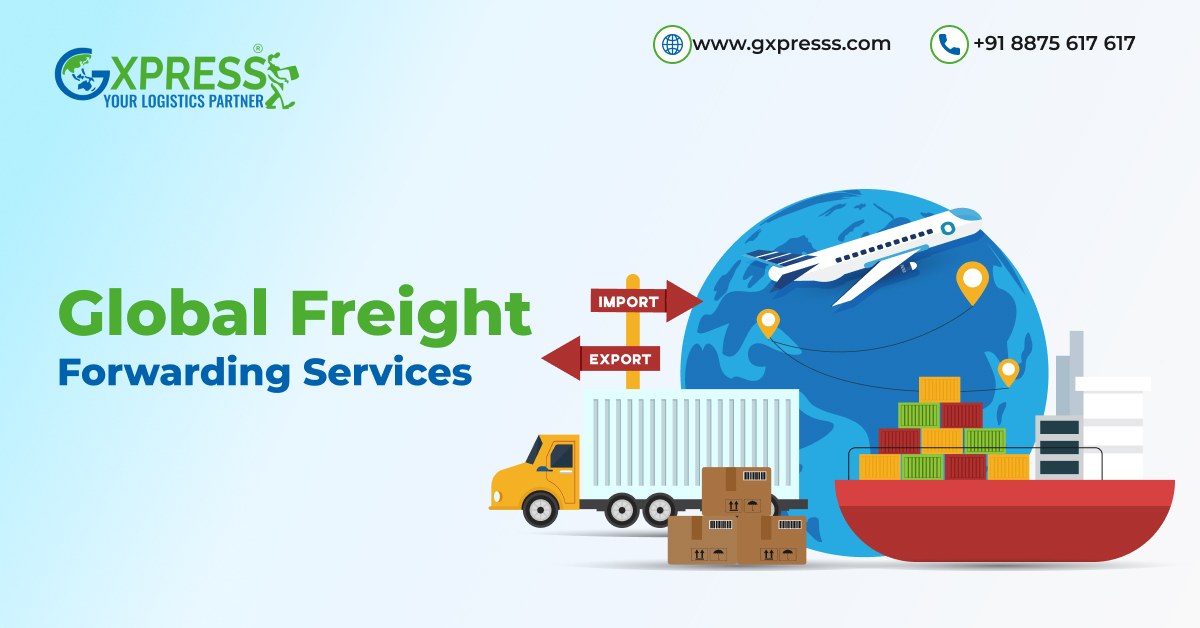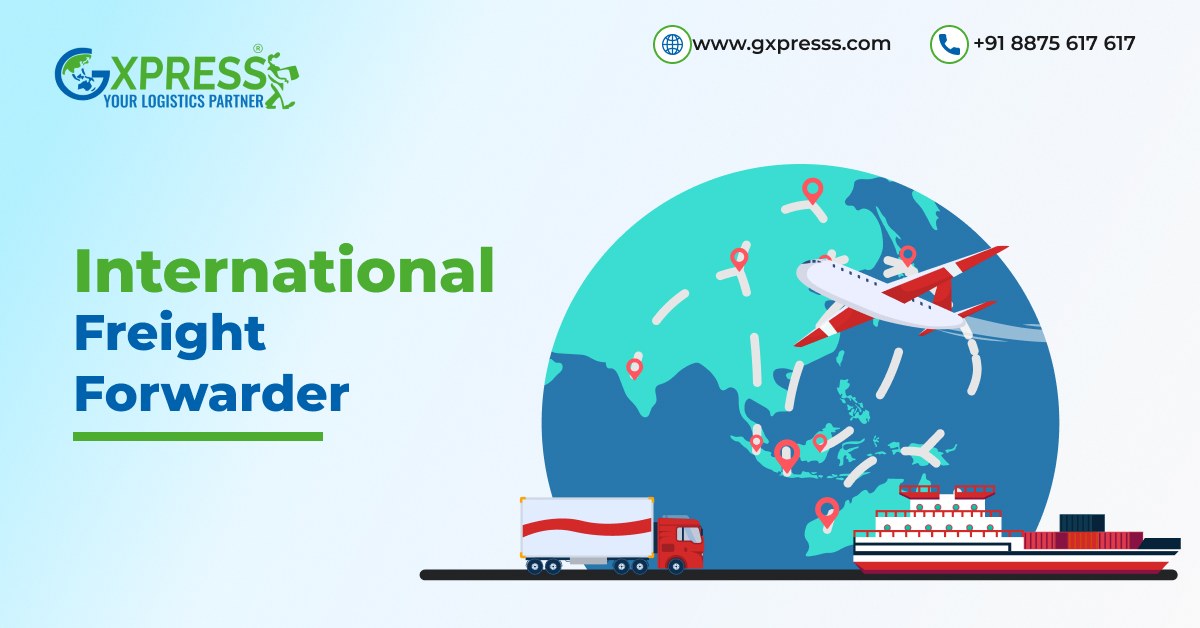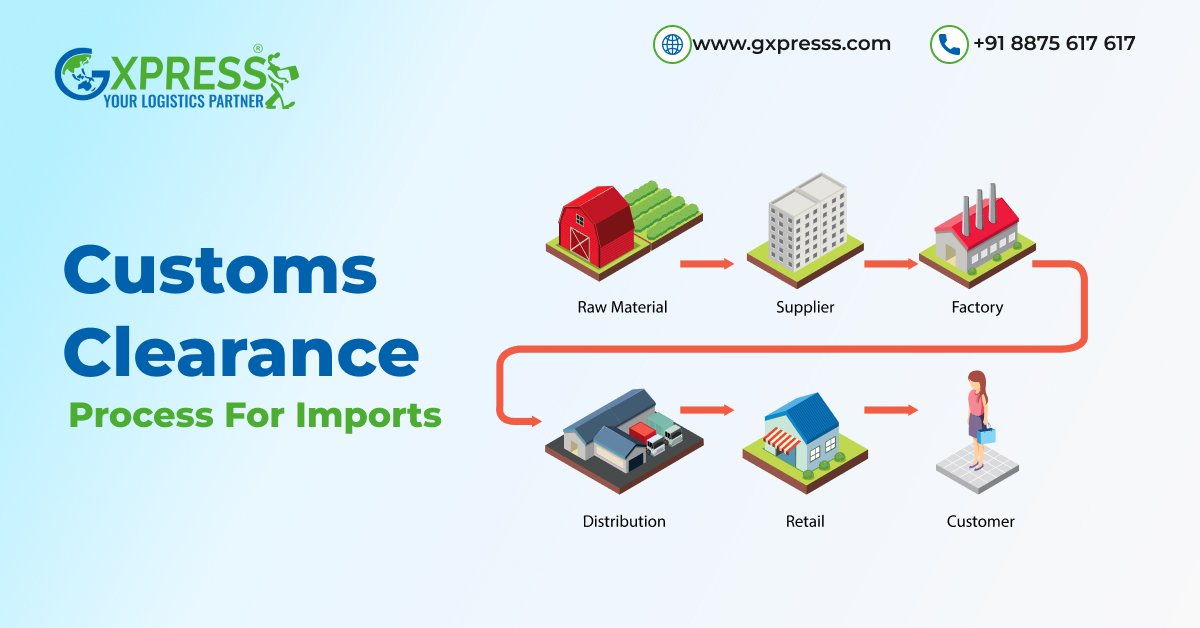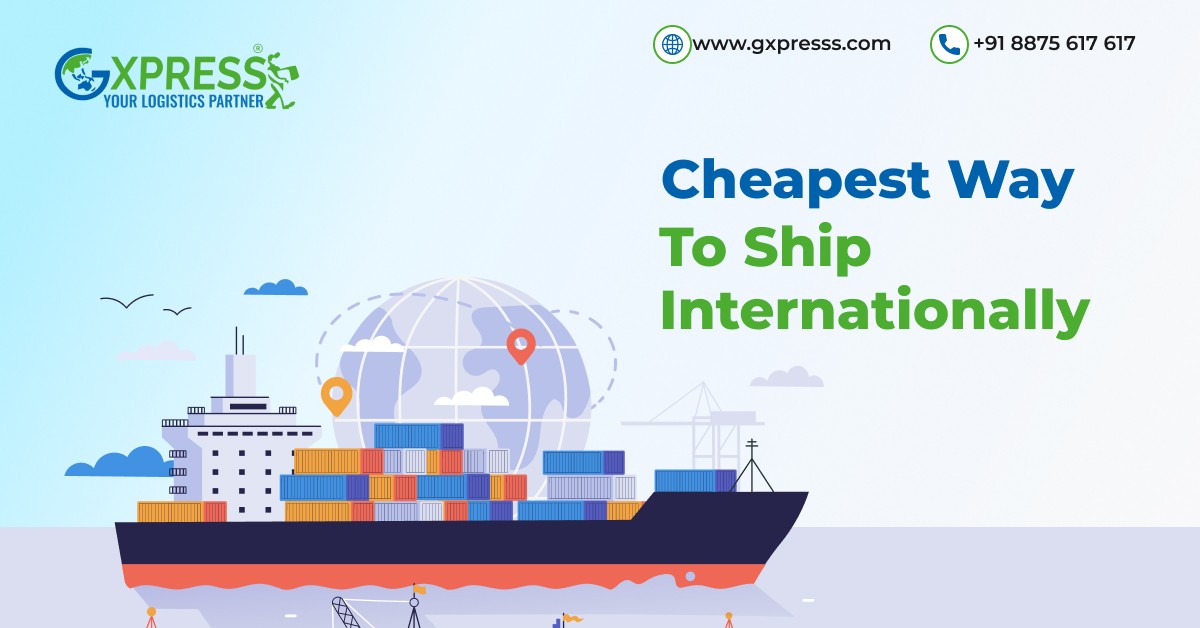September 23, 2025Freight9 min readBy Admin
Impact of Geopolitical Instability on Global Freight Forwarding

Companies that provide global freight forwarding services are often met with uncertainties. Logistics isn’t always a smooth process. Sometimes there are problems going on inside countries, or sometimes they are in conflict with other countries. All this affects trade.
The companies that heavily depend on freight forwarders to facilitate the transportation of their goods are now faced with a situation where uncertainty has become their constant companion.
This is our blog to see how geopolitics influences freight forwarding, why flexibility has become as important as trustworthiness, and how companies can find their way through this uncertain terrain.

The Freight Forwarding Lifeline
Before going into the difficulties, let’s understand the role of global freight services. They are the controllers of the trade on a global scale. Their functions are not limited to just booking containers or arranging shipments; they are bridging the gap of interaction between the hundreds of manufacturers, transport carriers, customs, and warehousing that are moving synchronously to deliver goods to the final consumer. Such events rarely affect just one piece of the puzzle; the whole picture changes is what happens when geopolitics interferes. Everything from routes to costs to timelines will be affected. For example, in the industries of retail, pharmaceuticals, and automotive, a delay of only a few days will mean a loss of millions of dollars.How Geopolitical Instability Shapes Global Freight Forwarding Services
1. Trade Wars and Tariffs
Remember the U.S.-China trade tensions? In one moment, tariffs changed the way shipping was done. What was flowing freely between the two economic giants turned out to be costly to transport. Companies were compelled to get supply chains rerouted, source suppliers from different markets, and rethink logistics strategies. Freight forwarders became the part of the solution, they were involved in helping clients to discover new routes or suppliers.2. Armed Conflicts and Sanctions
Conflicts like the Russia-Ukraine war show how susceptible global routes are. Sanctions limited shipping access, airspace closures forced longer detours, and energy price hikes spread through every shipment cost. Sometimes, companies offering global freight forwarding services avoid going to places where there are problems going on.3. Political Unrest in Key Trade Hubs
Logistics industries located in areas with political and social issues, such as the Middle East or South Asia, usually experience closures or strikes unexpectedly. When the blockage happened at the Suez Canal, it was not geopolitical; nonetheless, it still pointed out how dependency on the narrow chokepoints is risky. If there were similar shutdowns caused by political unrest, the effects would probably be just as devastating.4. Shifting Trade Alliances
Geopolitics is not always the one calling for war. One of those confounding things is new partnerships, for example, free trade agreements (FTAs), that can suddenly reveal opportunities. To give you a concrete example, the agreements between Asian countries have pretty much sped up the regional supply chains. Freight forwarders need to keep being their usual quick-footed selves by detecting such changes ahead of time and guiding their clients to rake in profits of the new trade lanes.5. Energy and Currency Volatility
Geopolitical instability impacts oil prices as well as currencies. Since freight forwarding comes with a major consumption of fuel, any change in the fuel price is going to have a domino effect on the rates. An increase in the price of crude oil caused by the Middle East tension will lead to more expensive ocean freight, air cargo, and even local trucking. On the other hand, currency fluctuations can reduce the profit margin of importers and exporters within a very short period of time.The Domino Effect on Businesses
In the event of instability, the businesses that depend on freight forwarding will see the following consequences:Rising Costs
Besides war risk premiums, higher fuel charges, and route diversions will be some of the factors that will raise the costs.Delays and Uncertainty
Time-sensitive cargo, such as medicines or perishable food, would be the ones that have to endure the longest delays and uncertainty.Compliance Burdens
Sanctions and changing customs regulations put companies under pressure of having to keep a watchful eye all the time.Inventory Risks
If supply chains become unpredictable, stockouts or overstocking of products will be the consequences that will result.Strategic Shifts
Perhaps companies would relocate their production activities closer to home or consider “friend-shoring,” which means sourcing from politically stable countries.
Freight Forwarders: From Movers to Navigators
One of the most substantial transformations with freight forwarders is the dramatic change of character. Their job is not simply to transport goods; they are the ones who can handle the confusion caused by the uncertain world. So, while they are on the move, their method of transport is changing as follows:1. Building Alternative Routes
Simply put, forwarders choose alternative routes if one they use is closed. As an illustration, they may offload the cargo that was on the sea route onto the railway in order to transport it across the Eurasian continent, or they can mix air and sea freight to go around traffic jams. A part of their creative genius has become route planning.2. Leveraging Technology for Predictability
Real-time tracking technologies, AI-based route optimisation tools, and predictive analytics are some of the digital solutions used by freight forwarders to foresee disruptions prior to their occurrence.3. Strengthening Local Partnerships
Forwarders have put resources into excellent relationships with the regional agents, customs officials, and the local authorities. It cannot be overemphasized that in unstable environments, having the correct local partner is what distinguishes a situation where the cargo is at a standstill from one of moving the cargo.4. Offering Advisory Services
Freight forwarders are no longer just the leaders of logistics. They give their customers the necessary information about trade regulations, sanctions that are being put into practice, and even the questions of strategic sourcing. By this, the role of advice has lifted the forwarders into being a part of the client’s trust circle rather than just a supplier. Also Read: Why Marine Cargo Insurance is Essential in Freight ForwardingNavigating the Uncertainty: Tips for Businesses
Some of the measures that could be taken are:Diversify Supply Chains
Depending solely on one country or one port is a dangerous practice. The less you concentrate on sourcing and shipping routes, the less you are exposed to the risk of being vulnerable to them.Stay Informed
Geopolitical news is no longer just for diplomats. Businesses must keep an eye on what’s going on all over the globe, a little too closely.Invest in Flexibility
The money made through flexible contracts with forwarders and carriers can be used to better cover the shock than hard agreements.Use Technology Wisely
Demand that the shipment be transparent and visible so that they can anticipate the problem before it grows.Plan for Contingencies
Include an extra stock of essential items and have alternative ways of transportation prepared.A Story from the Ground
Let’s take a look at a familiar story. Gxpress, an international freight forwarder, was established in 2016 with the intention of bridging the gap in logistics, especially for small businesses. By offering customized solutions with their global freight forwarding services, Gxpress made it easier for Indian businesses to find audiences abroad. By keeping their charges affordable, they have made sure Jaipur-based businesses are able to easily step into international entrepreneurship.Conclusion
Global freight forwarding services have dramatically changed such that volatility is now considered a normal occurrence. Geopolitical instability is not a fleeting problem; rather, it is a long-term state. On the other hand, for companies, it means that the freight forwarding simply service is out of the question as the prices and the speed of delivery are not the only matters of concern anymore, rather it is about overcoming the difficulties. The principle of using the right partner, asking for openness, and being ready for the unexpected are the basic elements for coping with such a terrain. Despite the fact that the world of container shipping, seaports, and air freight might seem like an orderly ballet, the music it is dancing to is often decided by politics that are far away from the loading docks. The ones who know this give interplay and get ready accordingly will not only survive during the turmoil but also win over it.Frequently Asked Questions (FAQs)
Q1. What is a global freight forwarder?
A global freight forwarder carries out shipping arrangements, talks with carriers, takes care of customs paperwork, and generally oversees the easy transit of the cargo from the starting point to the destination.Q2. How does geopolitical instability affect freight forwarding?
Geopolitical instability includes waging, sanctions, political unrest, or uneven trade agreements and can bring about the closure of important shipping routes, higher costs, and delays.Q3. What are some examples of recent disruptions in freight forwarding?
Among the recent situations are the Russia-Ukraine conflict, the trade dispute between the U.S. and China, and the unrest in big shipping hubs, which have altered the paths related to global transport.Q4. How do freight forwarders help businesses during uncertain times?
Freight forwarders come up with alternative routes, provide on-demand visibility of the shipment, give advice on adherence to ever-changing trade regulations, and also keep up with their local partners.Q5. Can businesses protect themselves from geopolitical disruptions?
No; however, they could prepare themselves by using several suppliers, steering clear of over-reliance on one trade route, and signing up with a freight forwarding company that could promptly adjust to the situation.Q6. What does the future of freight forwarding look like in an unstable world?
Technologies such as Artificial Intelligence-powered route optimization, analytics for predictive purposes, and real-time tracking will become more important. Also Read: Top 5 Challenges in International Shipping and How to Overcome ThemShare this article:



